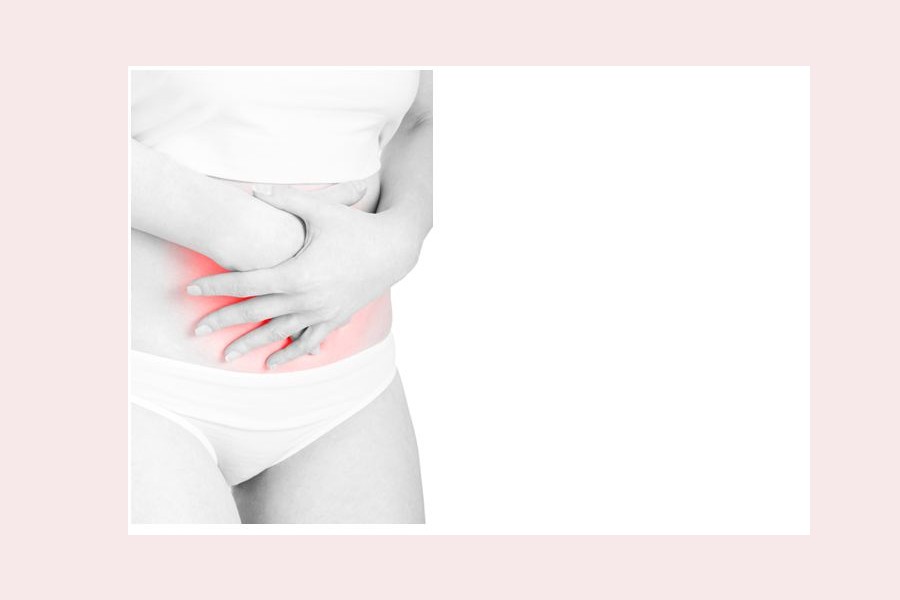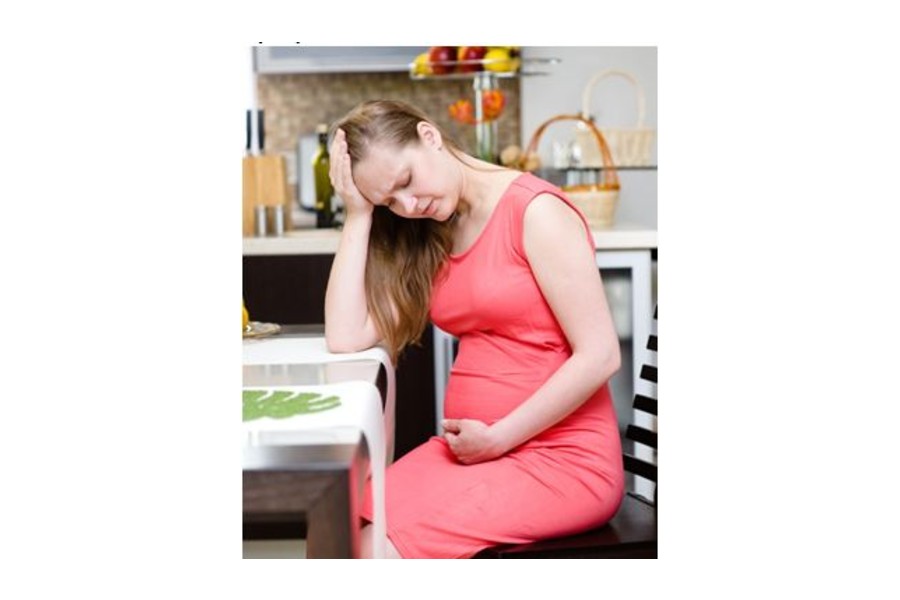
Do all fibroids cause symptoms?
Fibroids are very common and most fibroids do not cause any symptoms. In fact, most women with fibroids (often quite large) may not even know of their presence. Some fibroids (approximately 40%) will cause some symptoms. These symptoms depend on location of fibroids, their size, changes within the fibroids. Submucous fibroids are often likely to cause bleeding problems while intramural and subserous fibroids tend to cause pressure symptoms. Fibroids tend to grow and undergo degeneration during pregnancy and consequently fibroids are more likely to cause problems like pain, preterm delivery during pregnancy.






